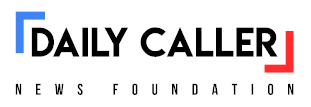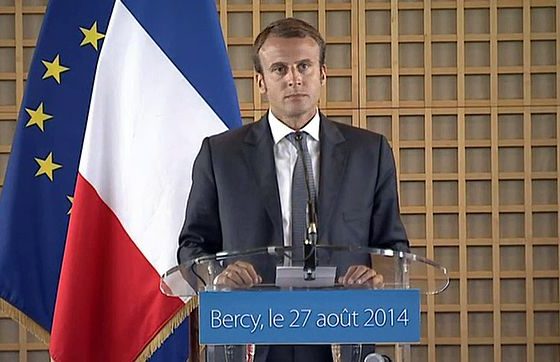French President Emmanuel Macron’s government may be in for trouble in the country’s last round of parliamentary elections this coming Sunday.
France is going into its second round of snap elections on Sunday to determine the makeup of the country’s National Assembly, which wields significant power and legislative authority. France’s premier right-wing National Rally party won in a landslide victory during the first round of snap elections last Sunday, previewing a possible final victory this coming Sunday and the crippling of Macron’s power in France.
It also signals a shift in voter’s priorities; Macron’s party favors strong green energy initiatives and looser illegal immigration policies, which have become unpopular with a bulk of the French population under Macron’s tenure. The National Rally Party, headed by political leader Marine Le Pen, presents a contrast to Macron’s initiatives.
“You’ve got folks who are upset at the immigration, their climate policies and so on, and they just kind of created this wall, I guess what we call it a red wave here in the U.S. as a result,” Richard Holt, an analyst of European politics for Project 21, told the Daily Caller News Foundation. “It really just climaxed into this rage against the establishment.”
Centrist and left-wing candidates from a variety of parties in the race agreed to team up on Tuesday in a bid to stop the National Rally from ascending to power. Hundreds of contenders from different parties in the race agreed to withdraw to instead throw their support behind the remaining candidates; their removal provides a clearer path for one-on-one matches with National Rally candidates, according to Politico EU.
But the new coalition poses a different threat to Macron’s government. Some in Macron’s liberal coalition are refusing to throw their support the left-wing New Popular Front — consisting of the Socialist Party and the Green Party — citing that the parties are too extreme, with Macron hinting at times they would be worse than the National Rally and send the country spiraling into debt, according to Politico EU and The Washington Post.
The far left-wing parties also break from Macron’s centrist orbit on foreign policy; the New Popular Front makes no mention of NATO or its importance to France, but is vocal about its support for the Palestinian cause and sanctions for the Israeli government, according to The Economist. Macron’s government has been a large supporter of France’s role in NATO and has not recognized Palestine as an independent state.
Le Pen criticized the new coalition on Tuesday as an attempt to stage an “administrative coup,” but said that winning at least 270 seats — 289 seats are needed for an absolute majority — would allow her to negotiate with other lawmakers to potentially form some sort of alliance accord, according to the BBC and Politico EU.
Macron initially called for snap elections after his liberal party, the Renaissance, lost in a previous round of European Union parliamentary elections in early June to the National Rally Party. Macron believed it would give voters a second chance to throw their support behind the Renaissance Party in a bid to stop the National Rally from ascending the ranks.
But Macron’s plan backfired; the National Rally took over 28% of the vote on Sunday, leaving the Ensemble liberal coalition of parties — which includes Macron’s Renaissance party — with just over 20% of the votes, according to Politico EU. Voter turnout was at a decades-level high Sunday, with a 67% participation rate up from roughly 45% in 2022.
“Democracy has spoken and the French have put the [National Rally] and its allies at the top, practically wiping out the Macron camp,” Le Pen told a crowd of supporters after the first round on Sunday.
As of June 30th, the National Rally was polling at 33%, compared to 28% for the New Popular Front and 21% for the Ensemble coalition, according to an Ipsos poll cited by Politico EU.
“If they win France’s second-most-important election [the parliamentary election], they’ve become mainstream,” Bruno Cautrès, a political analyst at Sciences Po institutes, told Politico EU.
If the National Rally Party wins and takes an absolute majority in the National Assembly for the first time on July 7, it would grant the party significant legislative power and hinder Macron’s abilities to implement his policies. France’s senate is a conservative majority already, and the National Rally would bring its own conservative positions to the National Assembly, giving right-wing parties sizable control over parliament, according to PBS.
Macron would also be forced to appoint the National Rally’s chosen pick for prime minister, Jordan Bardella, if the party wins on Sunday. This would create a “cohabitation” effect in which Macron’s executive powers would be weakened and the prime minister could introduce legislation separate from Macron’s government’s favored policies, according to PBS.
“That’s what’s great about the legislative system. It’s a multi-party system. If the National Rally wins, it would form a coalition government that would be a little bit more sort of right, and the ability for [Macron] to pursue these extreme leftist policies will just come to an end. It’ll come to an end, and they’ll have to negotiate something a little softer,” Holt told the DCNF. “And I think that’s what National Rally is going for.”












